Abu Dhabi: A Jewel in the Arabian Gulf
Related Articles: Abu Dhabi: A Jewel in the Arabian Gulf
Introduction
With great pleasure, we will explore the intriguing topic related to Abu Dhabi: A Jewel in the Arabian Gulf. Let’s weave interesting information and offer fresh perspectives to the readers.
Table of Content
Abu Dhabi: A Jewel in the Arabian Gulf
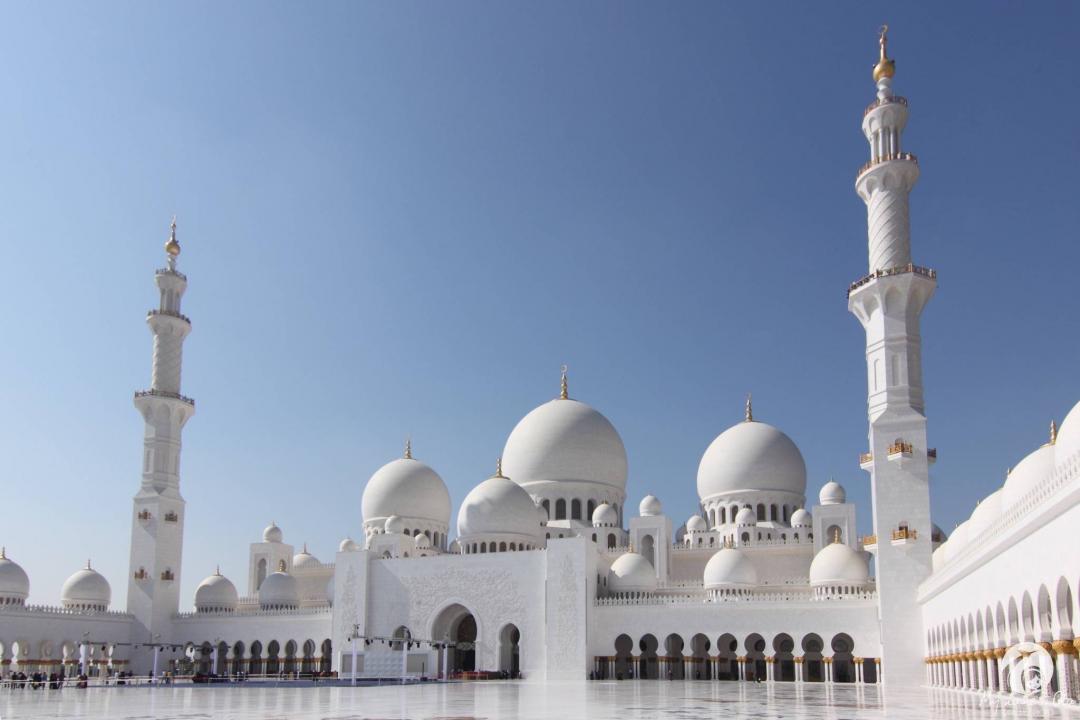
Abu Dhabi, the capital of the United Arab Emirates, is a modern metropolis strategically situated on the Arabian Peninsula’s southeastern coast, bordering the Persian Gulf. Its location holds immense strategic and economic significance, making it a pivotal player in the region and beyond.
A Geographic Overview
Abu Dhabi occupies a unique position on a group of islands and the adjacent mainland, forming a sprawling urban landscape. The city’s core lies on the largest island, Abu Dhabi Island, connected to the mainland by bridges and causeways. This island, along with the smaller islands like Saadiyat Island and Yas Island, are integral parts of the city’s development, each offering distinct features and attractions.
Location and Surrounding Landscape
Abu Dhabi’s location on the Persian Gulf provides access to vital maritime routes and natural resources. The city’s proximity to other Gulf states, such as Dubai and Sharjah, facilitates regional trade and collaboration. The surrounding landscape is characterized by vast desert stretches, dotted with oases and coastal plains, offering a diverse range of natural beauty.
Strategic Importance
Abu Dhabi’s strategic location has historically played a crucial role in shaping its development. Its proximity to key shipping lanes and oil reserves has made it a center for trade and energy production. The city’s location also offers a strategic advantage in terms of regional security and defense.
Economic Significance
Abu Dhabi’s economic prowess is deeply intertwined with its location. The city is a global leader in oil and gas production, generating substantial revenue that fuels its economic diversification efforts. Abu Dhabi has strategically invested in sectors like tourism, finance, and technology, transforming itself into a modern, sophisticated economic hub.
Cultural and Historical Significance
Beyond its economic might, Abu Dhabi boasts a rich cultural heritage. The city’s historical sites, such as the Qasr Al Hosn, offer glimpses into its past. Its modern architecture, museums, and cultural institutions showcase a blend of tradition and innovation, making it a vibrant cultural destination.
Tourism and Recreation
Abu Dhabi’s location provides a unique setting for tourism. The city offers a diverse range of attractions, from pristine beaches and desert adventures to world-class theme parks and cultural experiences. Its proximity to the natural wonders of the Arabian Desert and the azure waters of the Gulf provides endless opportunities for exploration and relaxation.
Infrastructure and Connectivity
Abu Dhabi’s location has facilitated the development of a robust infrastructure network. The city boasts a modern international airport, a well-connected road network, and a state-of-the-art public transportation system. This connectivity fosters seamless travel and trade within the region and beyond.
Environmental Considerations
Abu Dhabi’s commitment to sustainability is reflected in its efforts to protect its natural environment. The city is actively investing in renewable energy sources, promoting sustainable practices, and preserving its unique desert ecosystem.
Future Prospects
Abu Dhabi’s strategic location, coupled with its ambitious vision and investment in innovation, positions it for continued growth and development. The city is actively pursuing projects that enhance its economic competitiveness, cultural richness, and environmental sustainability, solidifying its position as a leading global metropolis.
FAQs
Q: What is the best time to visit Abu Dhabi?
A: The best time to visit Abu Dhabi is during the cooler months, from October to April, when temperatures are more moderate.
Q: What is the currency used in Abu Dhabi?
A: The official currency of Abu Dhabi and the UAE is the Emirati Dirham (AED).
Q: What are the major languages spoken in Abu Dhabi?
A: The official language of Abu Dhabi is Arabic. However, English is widely spoken, especially in business and tourism sectors.
Q: What are some of the must-visit attractions in Abu Dhabi?
A: Some of the must-visit attractions in Abu Dhabi include:
- Sheikh Zayed Grand Mosque: A breathtaking masterpiece of Islamic architecture.
- Louvre Abu Dhabi: A world-renowned art museum showcasing a diverse collection.
- Ferrari World Abu Dhabi: A thrilling theme park dedicated to the iconic Italian car brand.
- Yas Island: Home to numerous attractions, including Yas Marina Circuit, Yas Waterworld, and Warner Bros. World Abu Dhabi.
- Saadyiat Island: A cultural hub with attractions like the Guggenheim Abu Dhabi and the New York University Abu Dhabi.
Q: What are some tips for traveling to Abu Dhabi?
A: Here are some tips for traveling to Abu Dhabi:
- Visa Requirements: Check visa requirements based on your nationality.
- Dress Code: Dress modestly, especially when visiting religious sites.
- Currency Exchange: Exchange your currency at authorized exchange bureaus.
- Transportation: Utilize public transportation, taxis, or ride-sharing services.
- Respect Local Customs: Be mindful of local customs and traditions.
Conclusion
Abu Dhabi’s strategic location on the Arabian Peninsula, coupled with its rich cultural heritage, economic prowess, and commitment to innovation, makes it a city of immense importance and influence. Its unique blend of tradition and modernity, coupled with its commitment to sustainability, ensures that Abu Dhabi will continue to thrive as a global leader in the years to come.
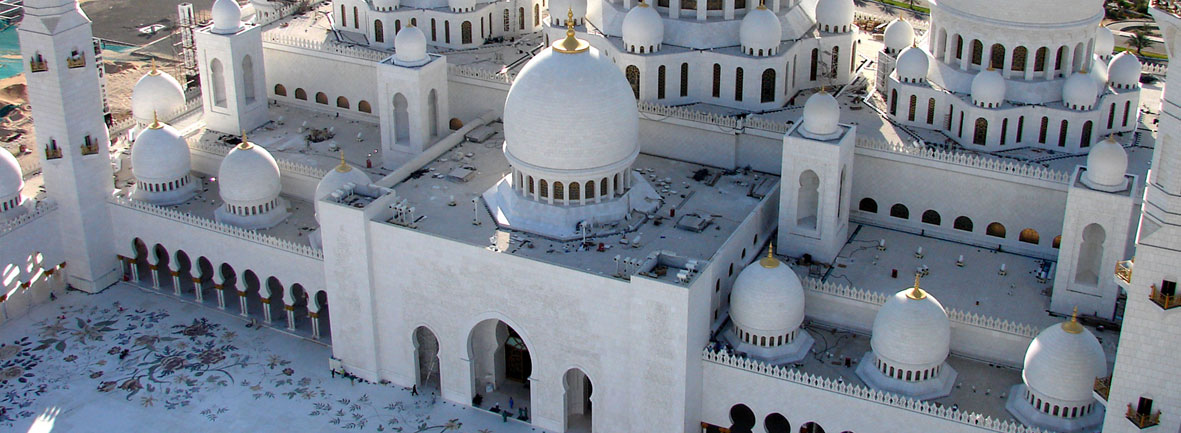
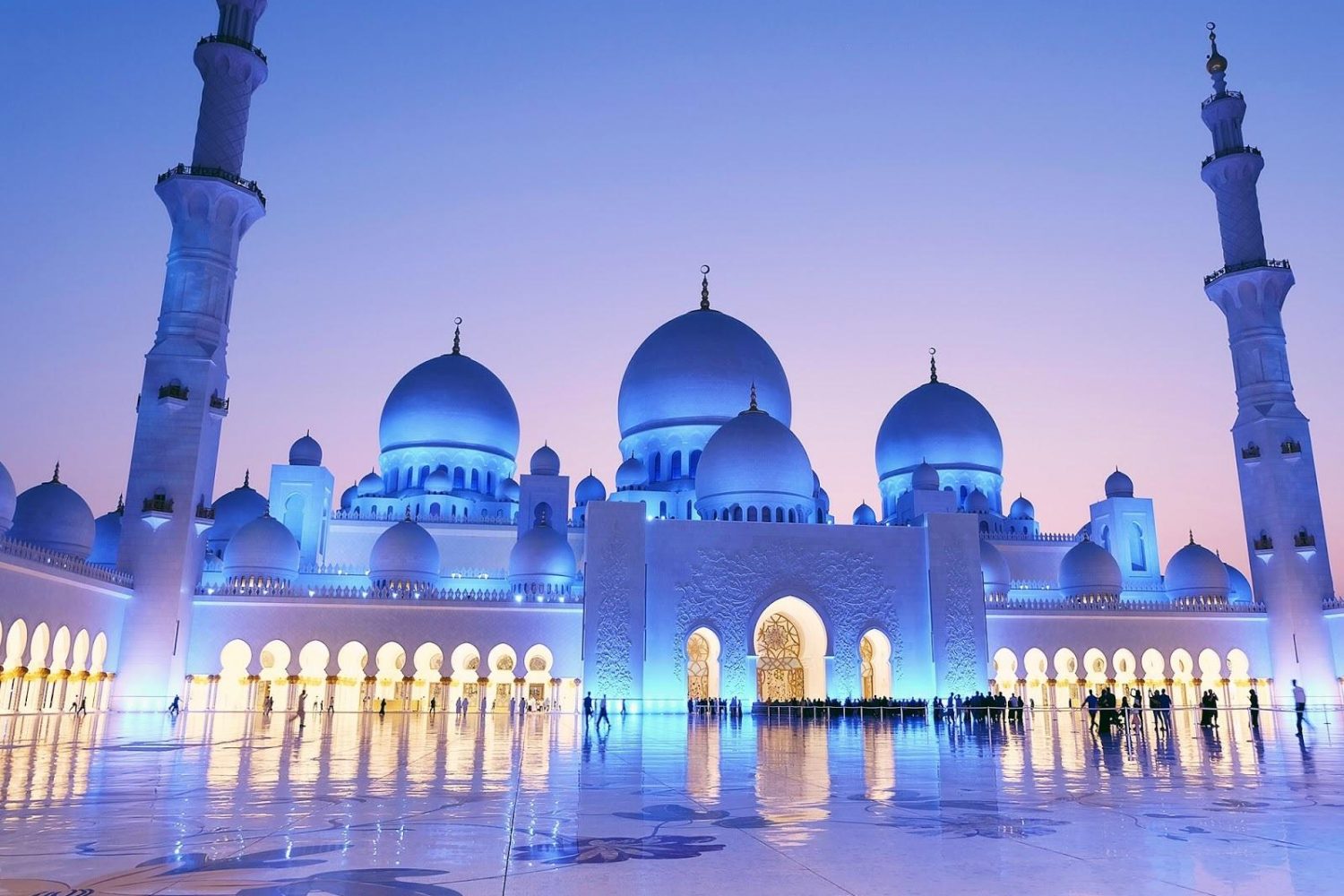
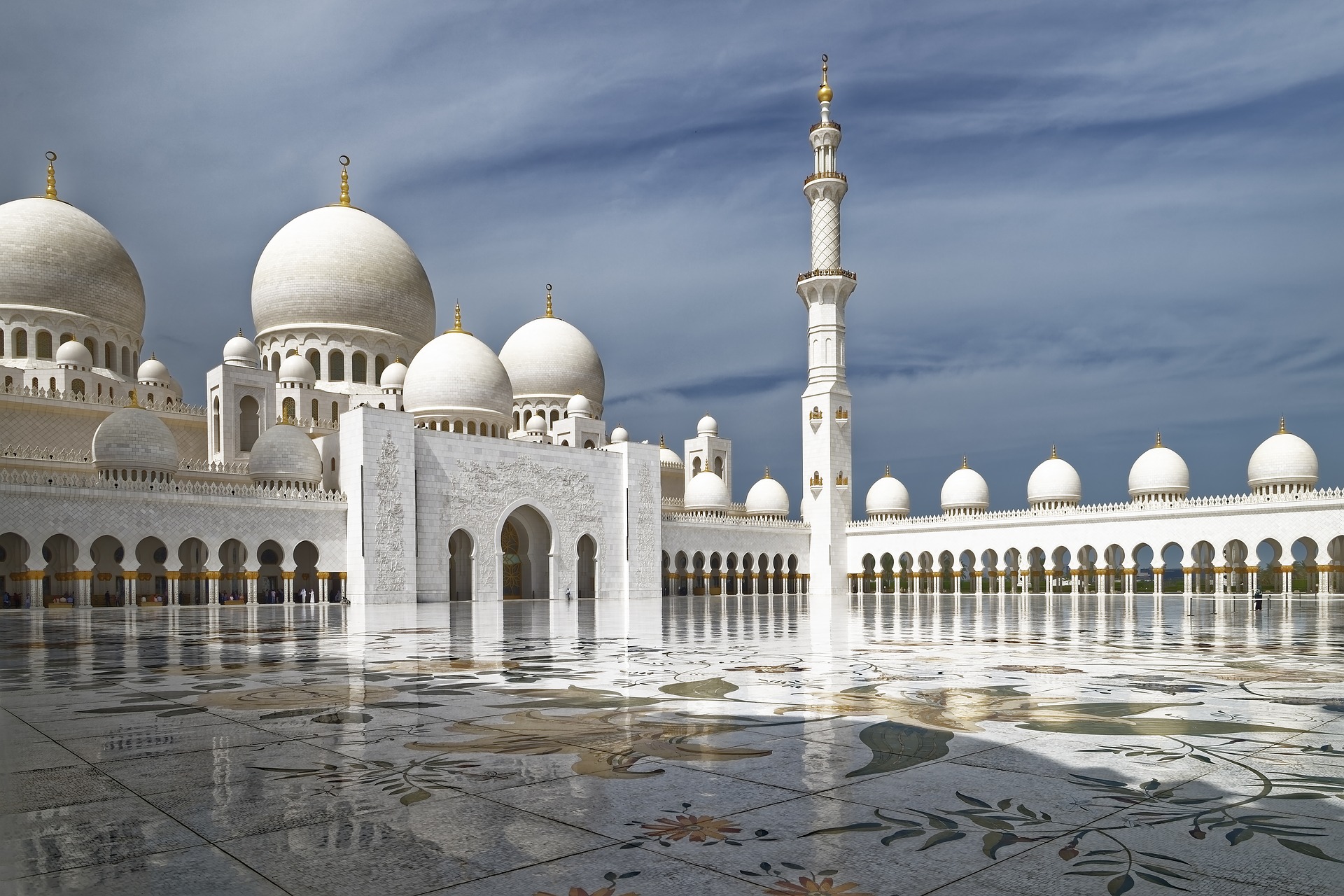
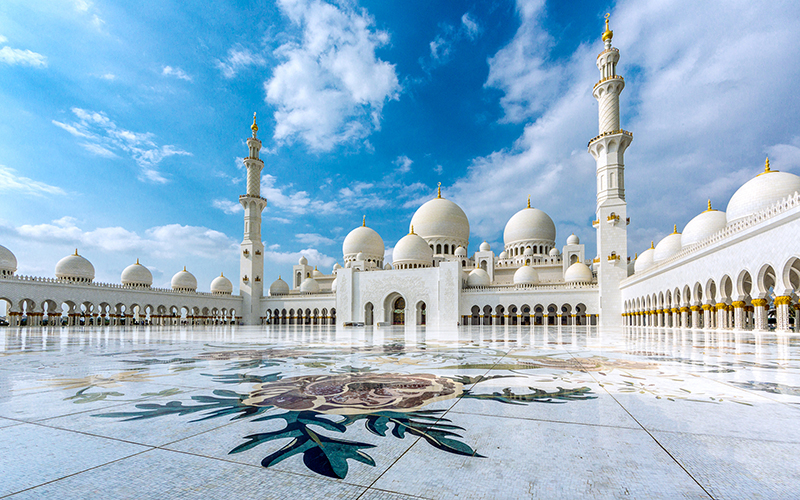


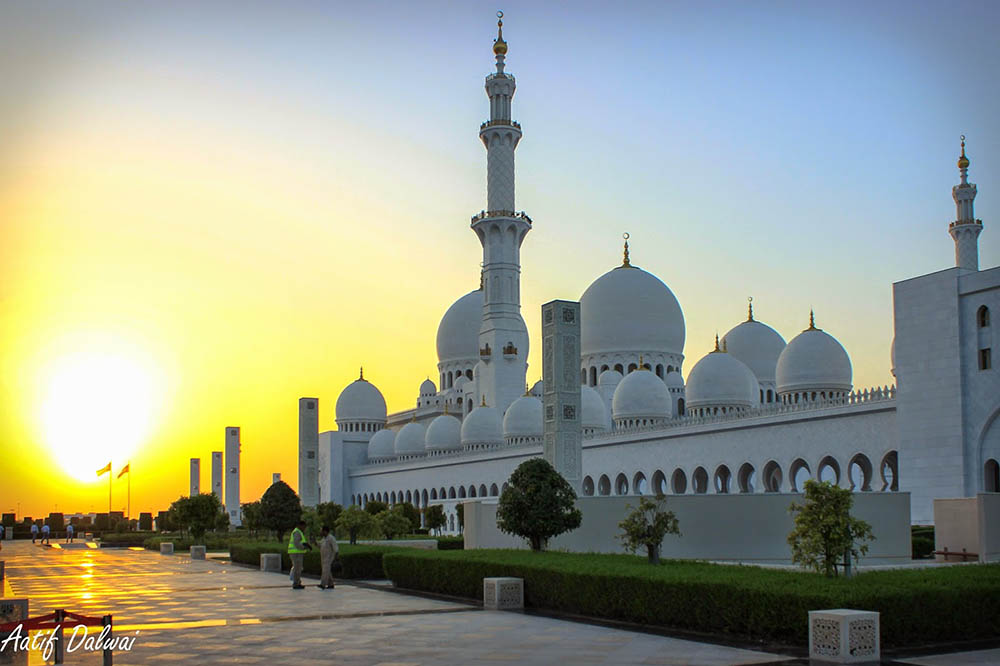
Closure
Thus, we hope this article has provided valuable insights into Abu Dhabi: A Jewel in the Arabian Gulf. We thank you for taking the time to read this article. See you in our next article!
